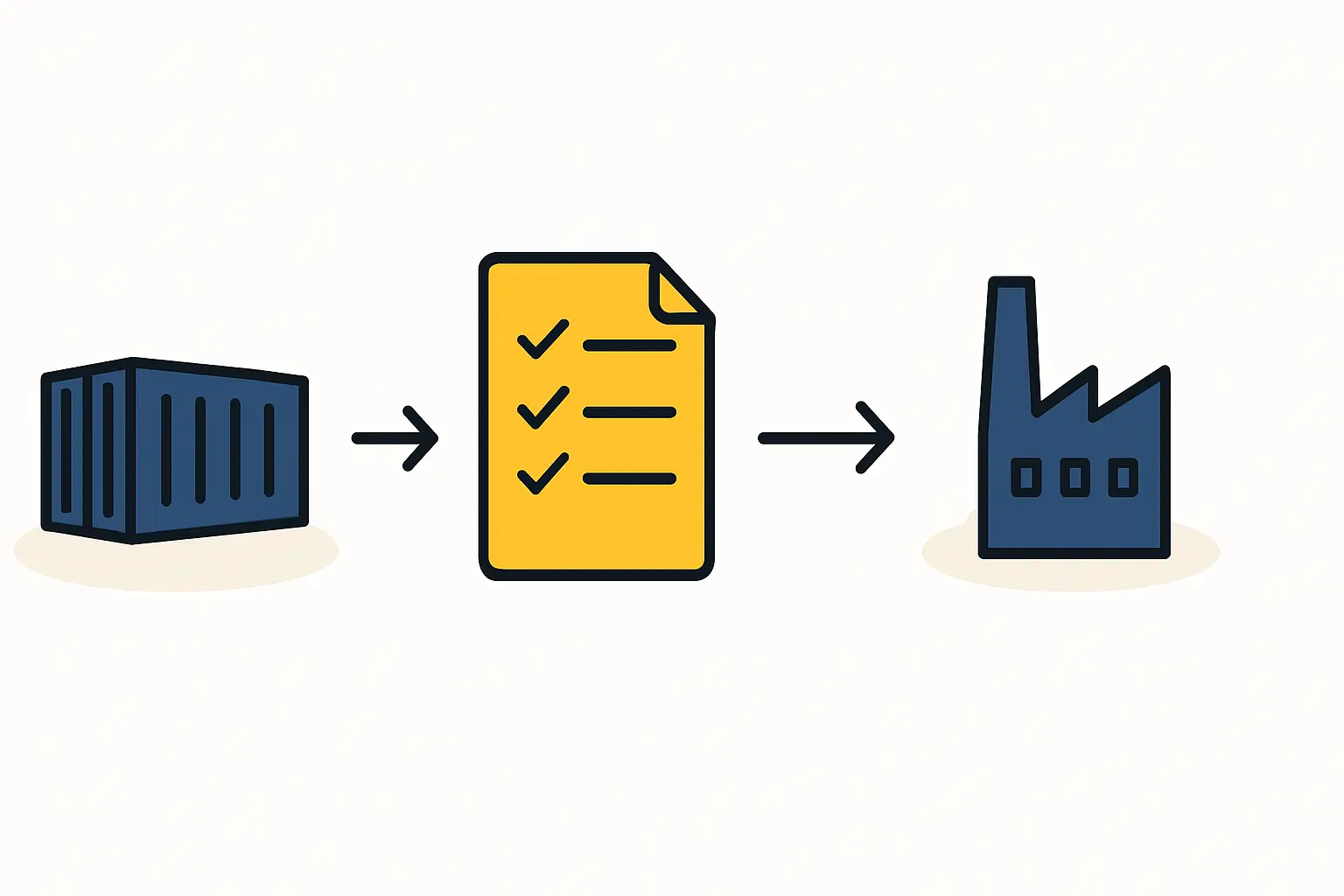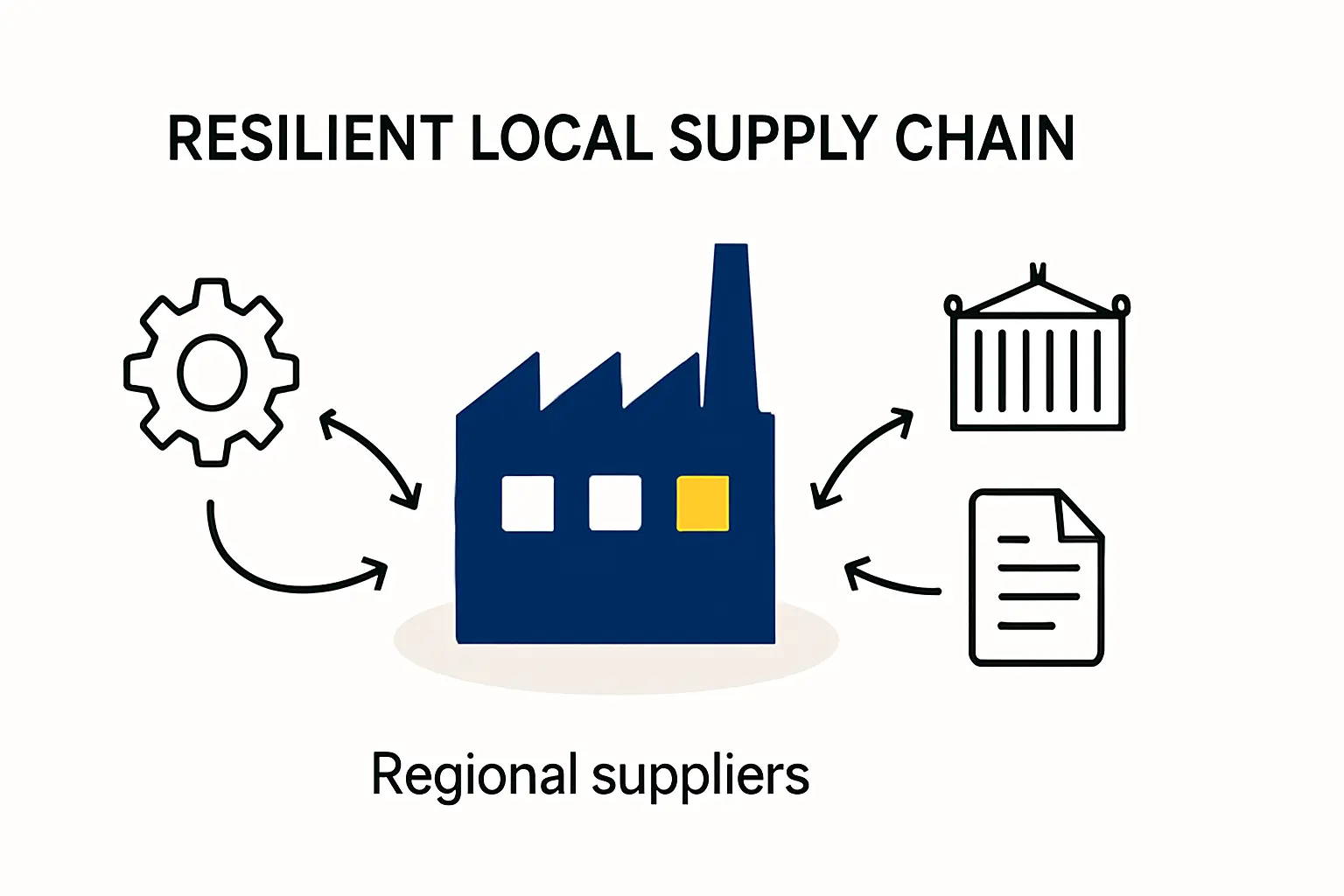SolarPower Europe Calls for a Battery storage action plan
As Europe’s solar capacity continues to shatter records, the need for robust energy storage solutions has become more critical than ever. Recognizing this, SolarPower Europe is formally urging the European Commission to develop and implement a dedicated Battery Storage Action Plan by mid-2025. This strategic push aims to tackle the growing demand for grid-connected battery storage, a vital component for a stable and renewable-powered future. The phenomenal expansion of Europe solar battery projects is already underway, and this plan seeks to provide the regulatory framework needed to accelerate this transition.
The proposed action plan focuses on three core pillars: streamlining the permitting process for new storage facilities, improving market access for storage operators, and enhancing grid connectivity to ensure seamless integration. By addressing these key bottlenecks, the EU can unlock the full potential of battery storage to support the grid, especially as the EU solar market growth continues its impressive trajectory.
A Broader Strategy for Grid Flexibility with a Battery storage action plan
This call for an action plan is not an isolated request. It is a cornerstone of a wider advocacy effort by SolarPower Europe to place energy flexibility at the heart of EU policy. On November 13, 2025, the organization launched a new publication, “Flexibility: Strengthening the Grid with Battery Storage and Demand Response,” during its Flexibility Strategy Day in Brussels.
The event highlighted an ambitious but necessary goal: to multiply the EU’s battery storage capacity tenfold by 2030. To drive this initiative, SolarPower Europe established the Battery Energy Storage Platform (BSEP) in July 2025, a dedicated body focused on accelerating battery deployment and investment across the continent. This builds on the momentum of their “Let’s Flex” campaign, which has been advocating for greater grid flexibility since 2024.
Ready to make big Profits?
The solar Industry is Booming
WE HELP NEWCOMERS to the solar industry start their own solar module production line. Customers can make BIG PROFITS by selling modules and finding investors, without wasting money and time on things they don't need!
On-the-Ground Momentum and Technological Readiness for Battery storage action plan
The push for a coordinated EU strategy is timely, as significant investments are already being made across member states. Nations are proactively scaling their storage infrastructure, as seen with Portugal battery storage, which is set to add an impressive 2 GW of capacity to its grid. Similarly, large-scale individual projects are becoming more common, such as the massive 220 MWh Sungrow Sicily battery project expected to be operational in 2025.
This market momentum is matched by technological progress. Energy storage was a central theme at recent industry events, with the EU PVSEC 2025 conference showcasing major advances in battery technologies and integration solutions. This proves the industry is ready to deliver the hardware needed to meet Europe’s ambitious goals.
Why This Matters for Residents in Germany: Battery storage action plan
For homeowners and tenants in Germany, this high-level policy push has direct and tangible benefits. Germany is already a leader in Europe’s energy transition (Energiewende), and a more robust grid supported by battery storage means greater energy security and independence. As more intermittent renewables like solar and wind are added to the grid, batteries play a crucial role in balancing supply and demand, preventing blackouts, and ensuring a reliable power supply around the clock.
Ultimately, a well-integrated storage network can lead to more stable and predictable electricity prices. By storing excess solar energy generated during sunny afternoons and releasing it during peak evening hours, batteries reduce the reliance on expensive fossil-fuel “peaker” plants. This not only lowers costs for consumers but also accelerates Germany’s decarbonization efforts.
A coordinated EU Action Plan would provide the certainty and streamlined processes needed to accelerate this deployment, ensuring that the benefits of a flexible, renewable-powered grid are realized sooner.
To learn more about the fundamentals of solar energy and its role in our future, you can enroll in our free e-course.



